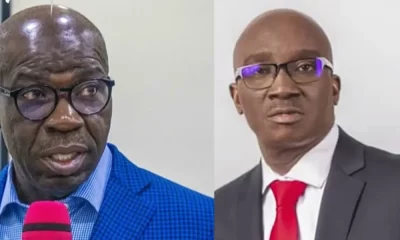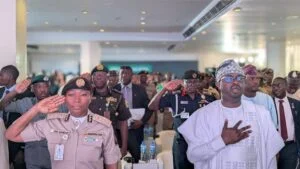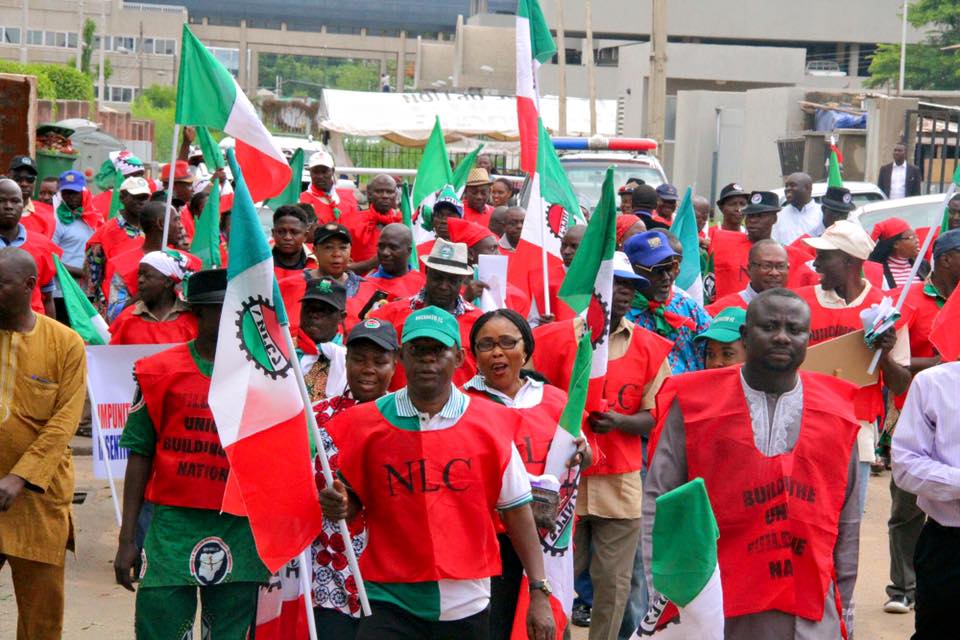Labour yesterday passed a damning verdict on the security agencies for their handling of security matters.
The agencies, the Nigerian Labour Congress (NLC) said, had failed to rise up to the challenges of kidnapping and banditry across the country.
It urged President Muhammadu Buhari to rejig the system.
Labour also blamed the widening gap between the rich and the poor on bad governance.
It claimed that the non-payment of salaries by some states was responsible for violent crimes, such as armed robbery and kidnapping.
In a message to the NLC Delegates Conference in Abuja, NLC President Ayuba Wabba cautioned the government against raising the Value Added Tax (VAT).
He also cautioned against heeding the International Monetary Fund (IMF) recommendation on removal of fuel subsidy.
According to him, an increased VAT and subsidy removal would erode the gains of the N18,000 minimum wage.
Wabba urged workers not to see the pay rise as a gift even and implored employers to immediately begin implementation.
According to him, the argument of whether or not states can implement the pay has been laid to rest. He urged the states to cut down on the cost of governance to conserve resources for the implementation.
He said: “We are all witnesses to the waves of bloodbath and brigandage surfing across our country. There is hardly any day that passes without one incident of armed robbery, kidnap for ransom, militancy or terrorism attack making headlines.
“We call on government at both federal and state levels to urgently rejig our security architecture, structure, and management.
“Clearly, the current approach has failed. We also call for a robust and sustainable response to renewed security challenges in our country even if that means an increase in the budget for internal security so long it is judiciously and transparently used.
ALSO READ : Buhari to tell Goje, Ndume: Lawan is APC’s candidate
“The political arena offers one of the most effective spaces for tackling almost all the challenges that we have already highlighted to bring about socio-economic transformation. Unfortunately, the conduct of the last general elections left a lot of sour taste in the mouth. Incidences of hate speech, vote buying, ballot box snatching, abuse of provisions for manual accreditation, logistics tardiness, isolated cases of violence, and a spate of inconclusive elections trailed the 2019 general polls.
“These electoral infractions did not only erode some of the grounds won as a result of the push by the NLC and its allies during the 2007-2011 campaign for electoral reform in Nigeria but also presented new threats to efforts to consolidate and deepen our democracy.

 Business1 week ago
Business1 week ago
 Latest4 days ago
Latest4 days ago
 Latest5 days ago
Latest5 days ago
 Business5 days ago
Business5 days ago
 Politics1 week ago
Politics1 week ago
 Education1 week ago
Education1 week ago
 News1 week ago
News1 week ago
 News4 days ago
News4 days ago

